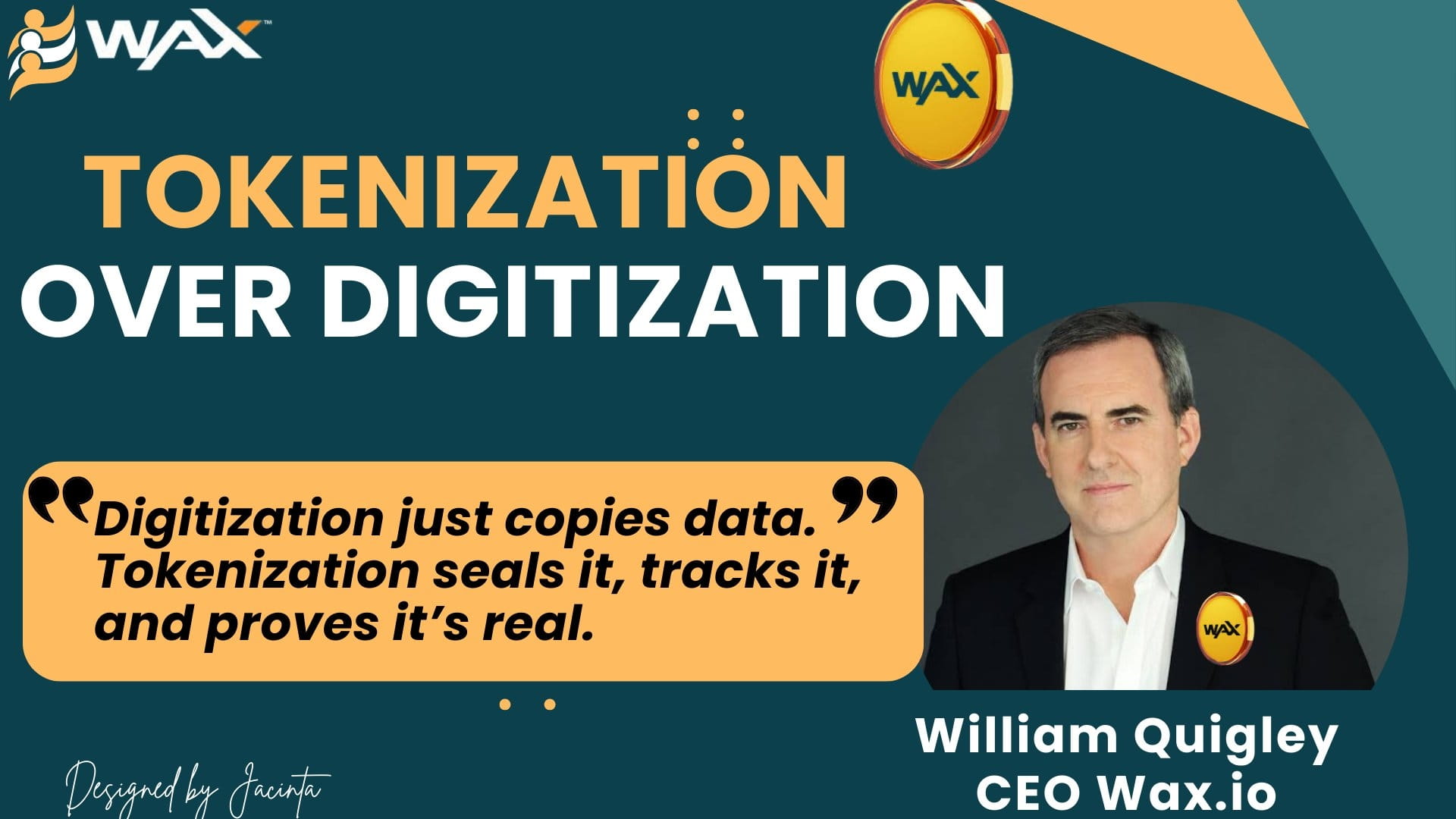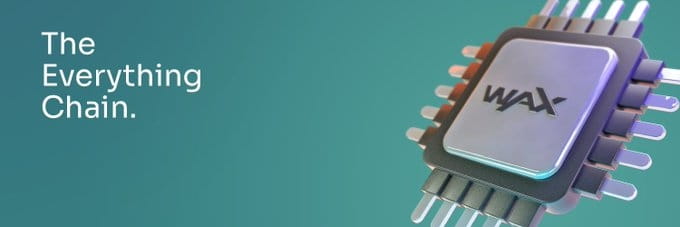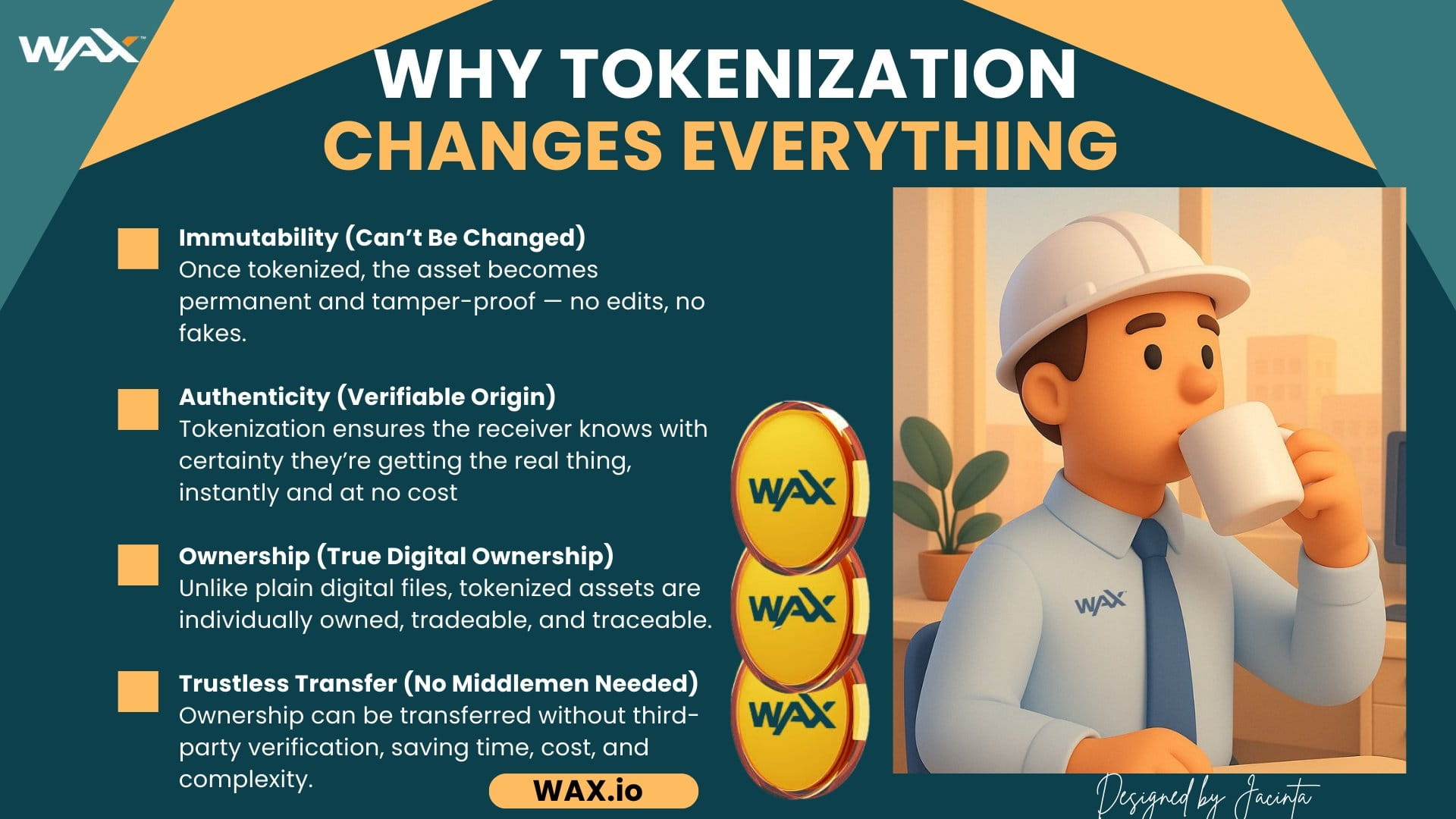
In this era where everything can be digitized, it’s easy to feel like we understand how to 'own' things online. However, as WAX CEO William Quigley explained in a brief yet powerful video, what most people think of as 'ownership' is merely... a copy. So what does the future hold? It is all closely related to digital monetization.
“Most people can understand the concept of digitization; it is indeed feasible,” Quigley said straightforwardly. “But the problem is that databases and servers are scattered in different places... you are merely sending a command to change the number from 1 to 2.”
In other words, digitization merely creates a digital version of something, like a document, a song, or a photo. But if someone allows it, this document can be copied, edited, deleted, or forged. There is no way to prove what the original looks like or how many versions exist. As Quigley said, “You can't distinguish between the original version of the data and countless copies.”
This brings great chaos to industries where piracy and copying are rampant, like music and digital media. So, how do we solve this problem?

The answer is digital monetization...
When you digitize an asset, it’s not as simple as just copying it. Quigley refers to it as 'packaging' or 'electronic envelopes,' which are blockchain-driven and come with a set of features.
“When something is digitized, I like to imagine putting a digital file into an envelope... and that envelope can never be opened or modified,” Quigley added.
This is the advantage of digital monetization. It adds immutability, traceability, and authenticity to assets that meet the standards of digital ownership. If you send a tokenized item to someone, they can instantly verify the authenticity of that item for free.
“That’s the wonderful part... the recipient can immediately and at no cost verify that what they received is genuine,” Quigley confirmed.
Unlike ordinary files, digitized currency assets cannot be altered or copied. Because they are stored on the blockchain using tools like Merkle trees and cryptographic proofs, they are both trustworthy and tamper-proof.
Examples from the real world are as follows:
A digital image of a painting can be endlessly screenshotted and shared. But the digitized monetized version (like an NFT) is bound to a verifiable copy that can prove ownership.
Music files can be copied infinitely. But digitized currency tracks can be sold as collectibles or provide exclusivity, with only digital currency holders enjoying these rights.
Why is digital monetization so important?

In the digital age, ownership means not only access but also having evidence.
Digitization gives us access. Digital monetization gives us ownership. This is not just a shift from physical to digital but makes the digital items real—sealed, traceable, and provable.
Or as Quigley summarized, “Digitization is merely copying data, while digital monetization can archive, track, and prove its authenticity.”
*Friendly reminder: This article is for informational purposes only and does not constitute any investment advice!


